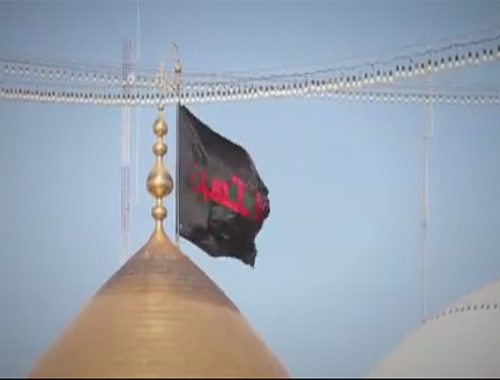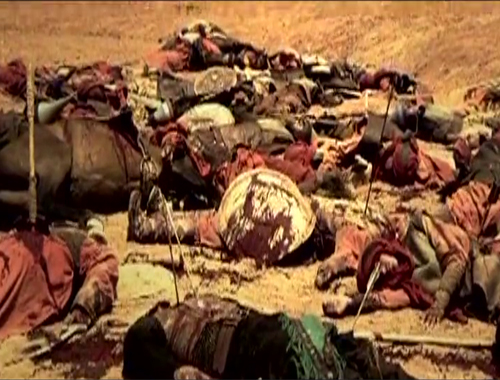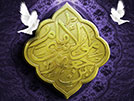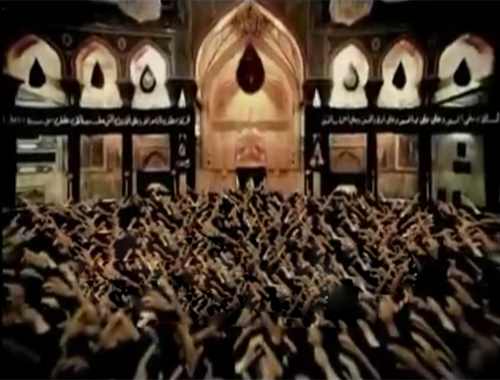Verse149
- Details
- Hits: 2310
(149) قُلْ فَلِلَّهِ الْحُجَّةُ الْبالِغَةُ فَلَوْ شاءَ لَهَداكُمْ أَجْمَعِينَ
149. " Say: ' Then to Allah (alone) belongs the conclusive argument. Had He wished, He would have surely guided you all aright'."
Commentary :
In order to nullify the pagan's claim, the Qur'anmentions another proof. It implies that Allah has brought forth some clear and correct proofs upon the subject of His Unity as well as the ordinances of lawful and unlawful things. They have been introduced by the means of both the prophets of Allah, and through the way of intellect, so that there remains no excuse for anyone. It says :
" Say: ' Then to Allah (alone) belongs the conclusive argument. ..."
Therefore, they can never claim that Allah has approved their undue deeds and beliefs by His silence. They also can not claim that they are forced in doing their deeds, because if they were forced, bringing forth those proofs, sending prophets, and their preachings and invitations would entirely be in vain. Then, bringing forth those proofs is itself an evidence for the existence of free will in man.
And, at the end of the verse, it says :
"... Had He wished, He would have surely guided you all aright '."
But, if such a thing happened, neither that kind of belief could be worthy, nor the deeds which are performed under its shade. The virtue and development of man is in this fact that he accomplishes paving the path of guidance and felicity by himself and through his own free will.
It has been narrated from Imam Kazim (a.s.) who said :"Allah has two proofs upon people : the outward proof and the inward proof. The outward proof contains of prophets, messengers, and Imamaculate Imams; and the inward proof consists of intellects (and thoughts)." (1)
* * * *
________________________________________
(1) Nur-uth-Thaqalayn, Vol. 1, P. 776











